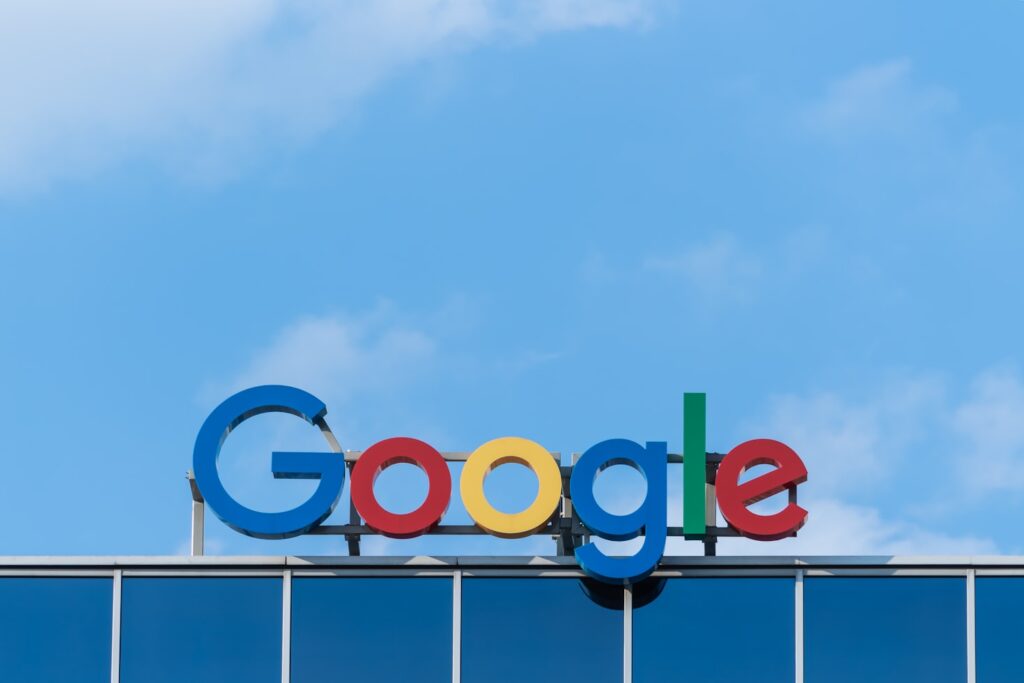SAN FRANCISCO, Aug 22 – Google has appointed Noam Shazeer, the former head of the AI startup Character.AI and a long-time Google researcher, as the co-lead of its primary AI project, Gemini. Shazeer will join Jeff Dean and Oriol Vinyals in leading the technical aspects of Gemini, which is part of Google’s AI division, DeepMind. The move highlights Google’s commitment to advancing its AI capabilities by bringing back one of its veteran experts.
Shazeer’s Role in Gemini
Noam Shazeer will serve as a technical lead on Gemini, Google’s latest line of AI models that are being integrated into a wide range of products, including Google Search and Pixel smartphones. Gemini represents Google’s most ambitious AI initiative, and Shazeer’s involvement is expected to bring significant technical expertise and innovation to the project.
A Return to Google
Shazeer’s return to Google is a notable event in the tech world. After co-founding Character.AI in 2021, a company that has quickly risen to prominence in the AI industry, Shazeer recently rejoined Google. The U.S. tech giant reportedly paid billions of dollars to bring Shazeer and a select group of employees from Character.AI into DeepMind. This deal also includes a licensing agreement with Character.AI, underscoring the value Google places on Shazeer’s expertise and the technology developed at his startup.
Shazeer’s Legacy and Character.AI’s Impact
Shazeer’s history with Google dates back to 2000, just two years after the company’s inception. He was instrumental in shaping Google’s early AI efforts and was a co-author of a groundbreaking 2017 research paper that played a key role in sparking the current AI boom. The advancements detailed in this paper have been foundational to the development of AI technologies used across the industry, including those employed by Character.AI.
Character.AI, the company Shazeer co-founded, leverages the technical innovations from that 2017 paper. The startup has made significant strides in the AI sector, raising $193 million and achieving a valuation of $1 billion last year. The company’s success and the pioneering work of Shazeer in AI have made him a valuable asset in the tech world, leading Google to prioritize his return over making a direct investment in Character.AI.
Google’s Strategic Move in the AI Race
Google’s decision to bring Shazeer back into its fold rather than investing hundreds of millions in Character.AI, as was considered last November, reflects the company’s strategic approach to strengthening its AI talent pool. This move mirrors similar strategies by other tech giants, such as Amazon (AMZN.O) and Microsoft (MSFT.O), who have also been recruiting top talent from AI startups.
These recruitment efforts come at a critical time as Big Tech companies face increasing regulatory scrutiny. Although Google’s deal to bring Shazeer back is not an acquisition, it is drawing comparisons to similar moves by Amazon and Microsoft, which are currently under examination by the Federal Trade Commission (FTC). These actions are part of a broader trend in the tech industry, where companies are aggressively competing for AI talent to maintain their edge in the rapidly evolving AI landscape.
Legal Challenges and Regulatory Scrutiny
Google’s recruitment of Shazeer also coincides with ongoing legal challenges. This month, a U.S. judge ruled that Google’s search engine practices violated antitrust laws, accusing the company of spending billions to create an illegal monopoly. This ruling adds to the regulatory pressures facing Google, making the acquisition of top-tier AI talent like Shazeer even more crucial as the company seeks to maintain its leadership position in the tech industry.
Conclusion
The return of Noam Shazeer to Google marks a significant development in the company’s AI strategy. His leadership in the Gemini project, alongside Jeff Dean and Oriol Vinyals, is expected to drive innovation and enhance Google’s AI capabilities. As the tech giant navigates legal challenges and regulatory scrutiny, securing top AI talent will be essential for its continued success in the highly competitive AI sector.
Also Read : With the Pixel 9 launch, Google eyes India’s billion-dollar potential

